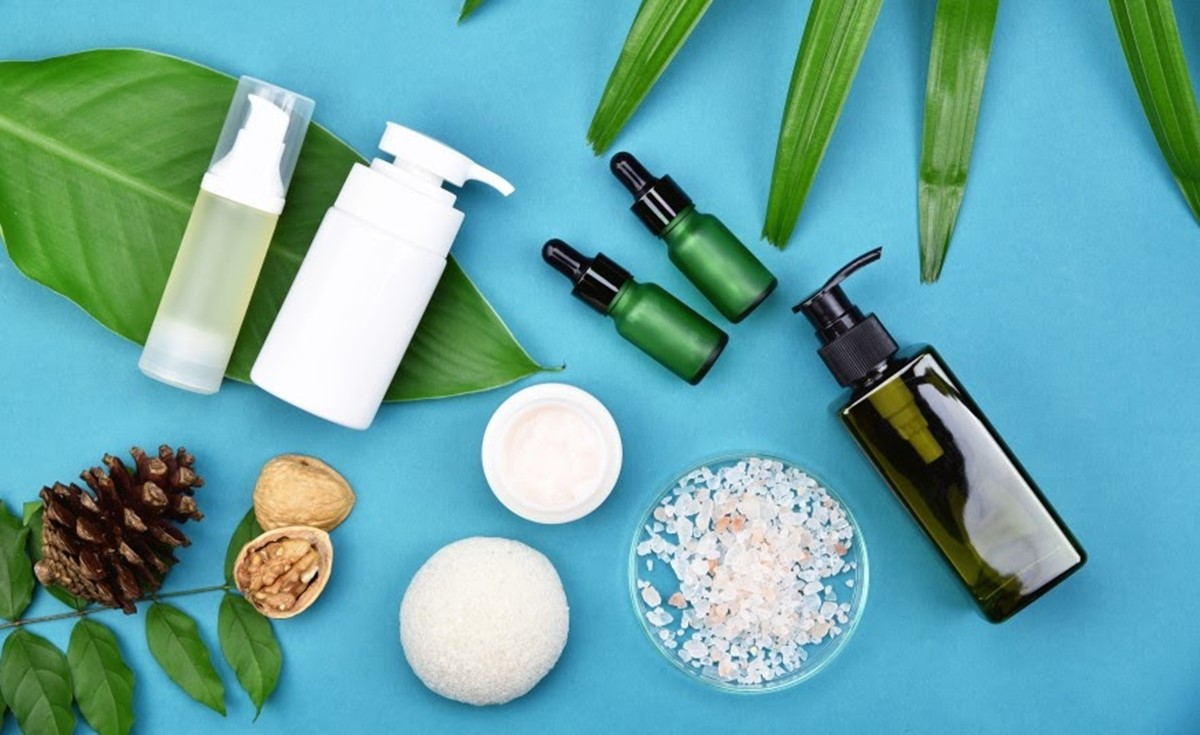The skincare industry is here to stay – the numbers confirm it. A report from Grand View Research, Inc. revealed that the global market size of skincare products will reach more than $180 billion by 2025, expanding at a Compound Annual Growth Rate (CAGR) at 4.4 percent.

But is this remarkable growth sustainable? Many experts believe that the skincare industry shows no signs of slowing down, as long as beauty brands remain committed to innovating products that address common and new skin concerns – whether it’s an eye serum for dark circles or a lip scrub.
If you want to venture into the world of skincare businesses, it’s time to get your business rolling. And in case you’re unsure where to start, don’t worry. This guide will tell you everything that you need to know about selling skincare products.
Understanding Skincare Products
As the name suggests, skincare is the range of practices that enhance the appearance of your skin, as well as improve its functionality and address skin issues. Skincare products include a variety of synthetic and natural products, such as body lotions and face creams.
As people age, they become more self-conscious with their skin, noticing acne, wrinkles, texture and uneven skin tone. Sun damage is also a problem. Hence, skincare products offer an easier way to prevent the early signs of aging and give you a more youthful appearance.
There is also a misconception that only women prefer skincare products. Today, however, both men and women are willing to invest more money in their skin, which makes the skincare industry one of the most profitable sectors in the world of business. Even today’s hot celebrities, from Angelina Jolie to BTS’Kim Namjoon are invested in skincare.
So, with that in mind, it makes sense to go and build your beauty empire.
What Are The Pros and Cons of Selling Skincare Products?
Like any business venture, selling skincare items come with its set of pros and cons. You need to understand both sides before opening a skincare business.
The pros of selling skincare products include the following:
- Available selling channels. There are many platforms available to sell your skincare products, such as affiliate marketing, social media marketing, and direct selling and so on.
- Huge profitability. The demand for skincare products continues to grow, which offers many opportunities for both small and big beauty brands, as well as the newcomers in the business.
- Different product supply sources available. It’s easy to find skin care product items from price levels, brands and different origins.
On the other hand, consider these cons:
- Fierce competition. Since many businesses are venturing into the same industry, you have plenty of competitors.
- Handling and storage. Skincare products are often gels, liquids, gels and other non-solids so you need to have basic storage and handling knowledge. Otherwise, your products will arrive at your customers’ location broken.
Where Are You Selling Your Skincare Products?
You have many options when it comes to where you want to sell your items, as well as how you want to sell them. Apart from the traditional retail stores, you can sell your products via other channels.
One of the easiest and quickest ways to sell skincare products is through a website, one that’s optimized for online visibility. Experienced digital marketing agencies, from those that offer white label SEO to other marketers to full-service firms, can develop and customize sites for every industry.
Alternatively, you could do it on your own:
- Use a website builder. The website builder is the simplest option. Think of it as an “all-inclusive” package. You have everything you need: hosting, editor, email addresses, support and hosting. Make life easier by using website builder software. It’s the perfect option for startup and small business owners with strict schedules and a limited budget.
- Use Shopify. Shopify is one of the most popular website-building platforms online. It simplifies the website building process. All it takes is just a few clicks before your skincare store becomes available online. For both Shopify and website builders, you don’t need coding and design skills. There are already premade templates available for your use.
- Use a Content Management System (CMS). CMS manages and modifies digital content. You can also use CMS to build a website without coding knowledge or with the help of a webmaster. It guarantees a quicker development and deployment time.
- Code a website yourself. If you have access to website coding knowledge or are working with a webmaster, have someone develop a website for you.
Marketing Tips
When it comes to marketing your products, you need to be on-trend. Do your research and know what people want, so you can personalize your skincare marketing. Research on current trends, learn what’s happening in the beauty world and apply it to your marketing.
The skincare industry shows no signs of stopping and you’ll be missing out on a business opportunity if you don’t jump aboard. So make the most out of it by joining the train today.
Leave a Reply